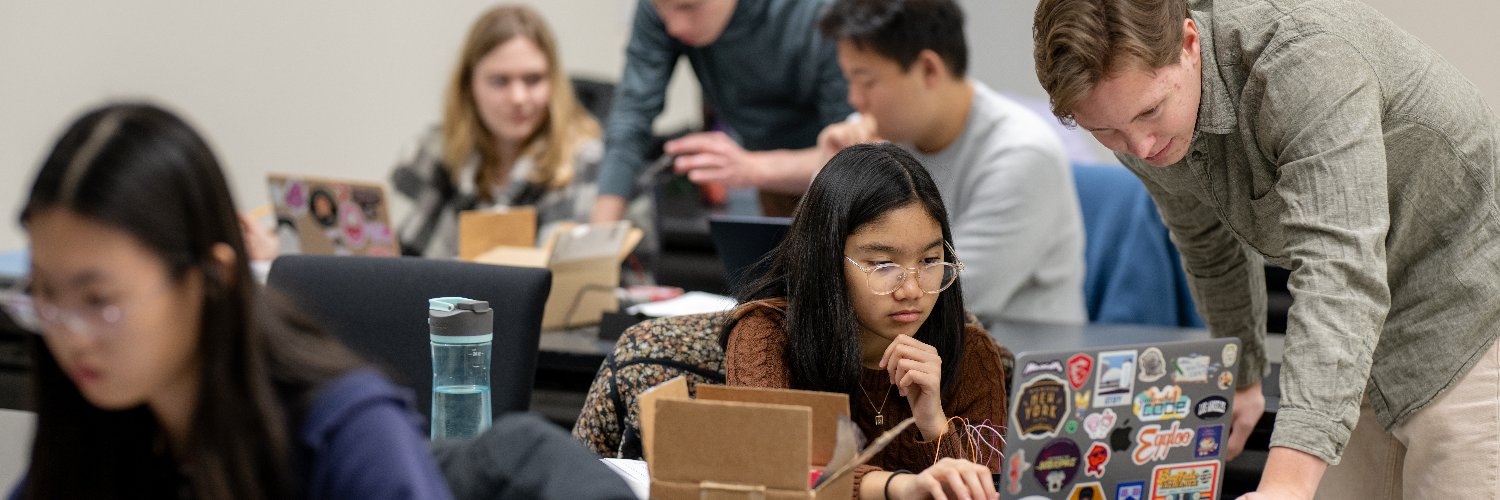
Princeton Computer Science
@PrincetonCS
The Department of Computer Science at Princeton University
Using data from 5,000 children with #Autism, researchers identified 4 clinically & biologically distinct subtypes of autism, a big step to understand its genetic underpinnings and potential for personalized care. @SimonsFdn @OlgaTroyanskaya @PrincetonCS engineering.princeton.edu/news/2025/07/0…
Congrats to @aarush_kukreja and @tropir_ on being selected for spring '25 cohort of @ycombinator. 🥳 A sophomore CS major, Kukreja created Tropir with @AyushKarupakula. Kukreja credits @princeton_nlp, @kellercenter and @DerekLidow with helping him create and launch Tropir.
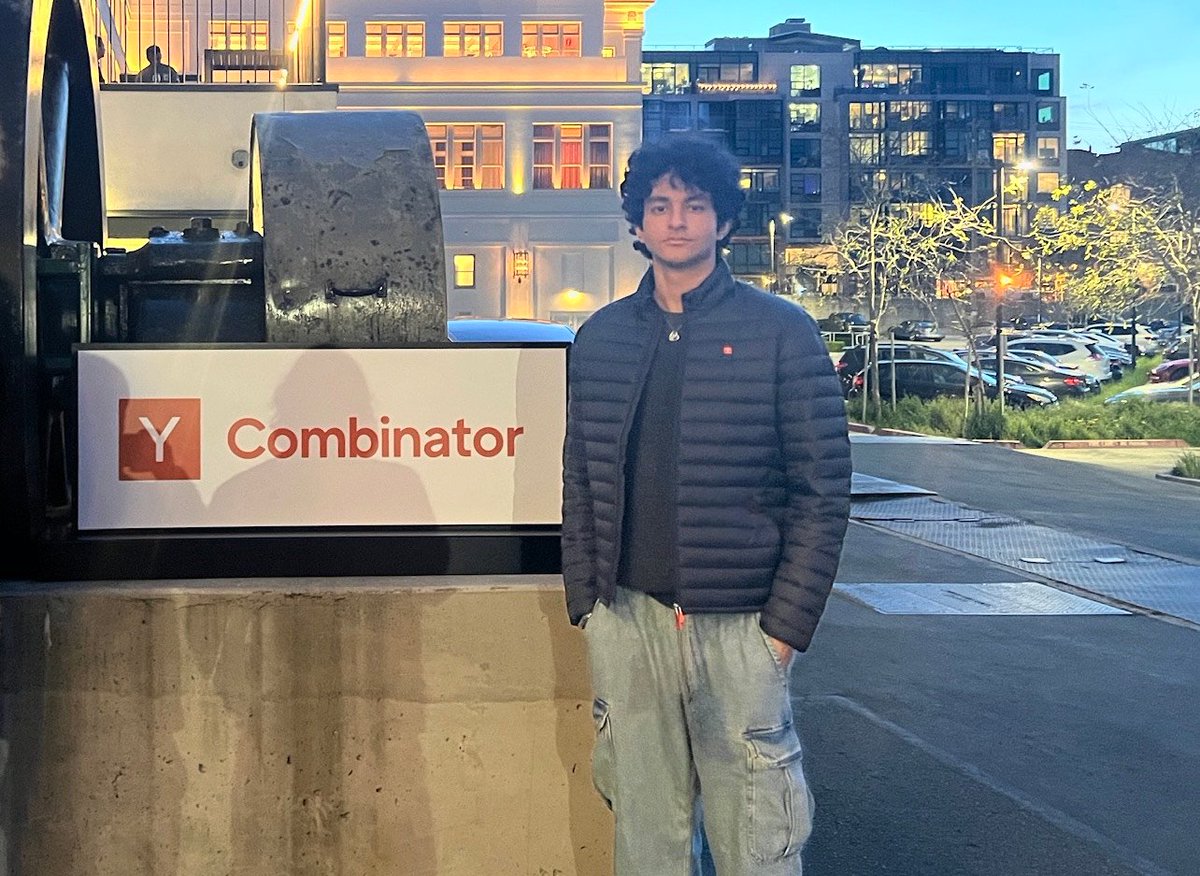
For the past two days, the Shaping the Future of #AI Conference convened at @Princeton, sparking productive discussions, fresh ideas, and a strong spirit of collaboration. If you were in attendance at the conference, please share some of your own themes and takeaways 👇
🧠New on the CITP Blog from PhD student Boyi Wei (@wei_boyi) of the POLARIS Lab: "The 'Bubble' of Risk: Improving Assessments for Offensive Cybersecurity Agents" Read about how adversaries can adapt and modify open-source models to bypass safeguards. 👇 blog.citp.princeton.edu/2025/07/21/the…
"Working with humanists opened my eyes to the sheer messiness and ambiguity of real-world problems...I learned to ask questions first, build second." James Zhang '25, CS major and winner of the @PrincetonCDH Senior Thesis Prize. Learn more: bit.ly/46kX1ev
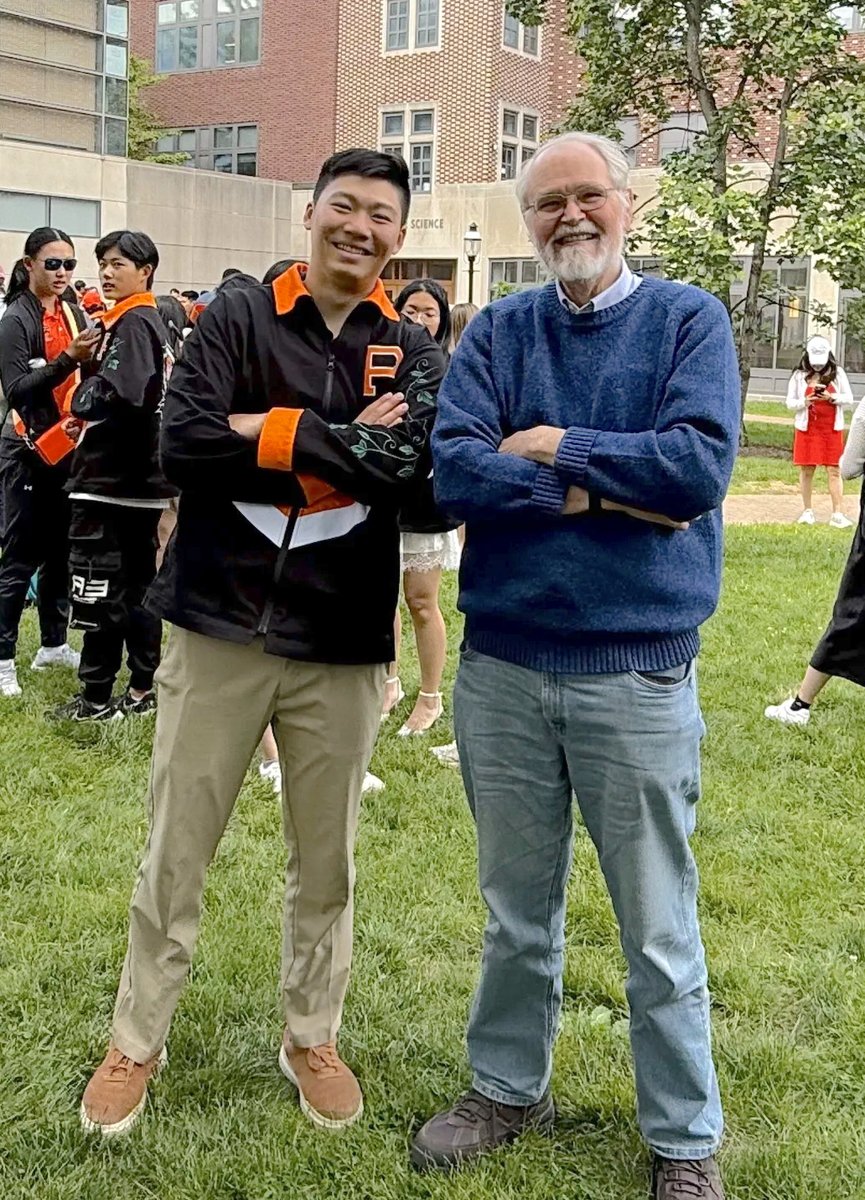
Much of the internet runs on systems written in C, but C has security vulnerabilities. Now, computer scientists @EPrinceton and @UCSD have created a tool that safeguards these systems while developers migrate them to safer languages like Rust. 💻 bit.ly/44UnAF2

For Brian Phillips, opting to take the @Raspberry_Pi precept as part of his intro to computer science course changed his whole experience as a CS major @Princeton. “I was a lot more confident,” he said, “and probably more prepared.” Learn more: bit.ly/3RRKjLS
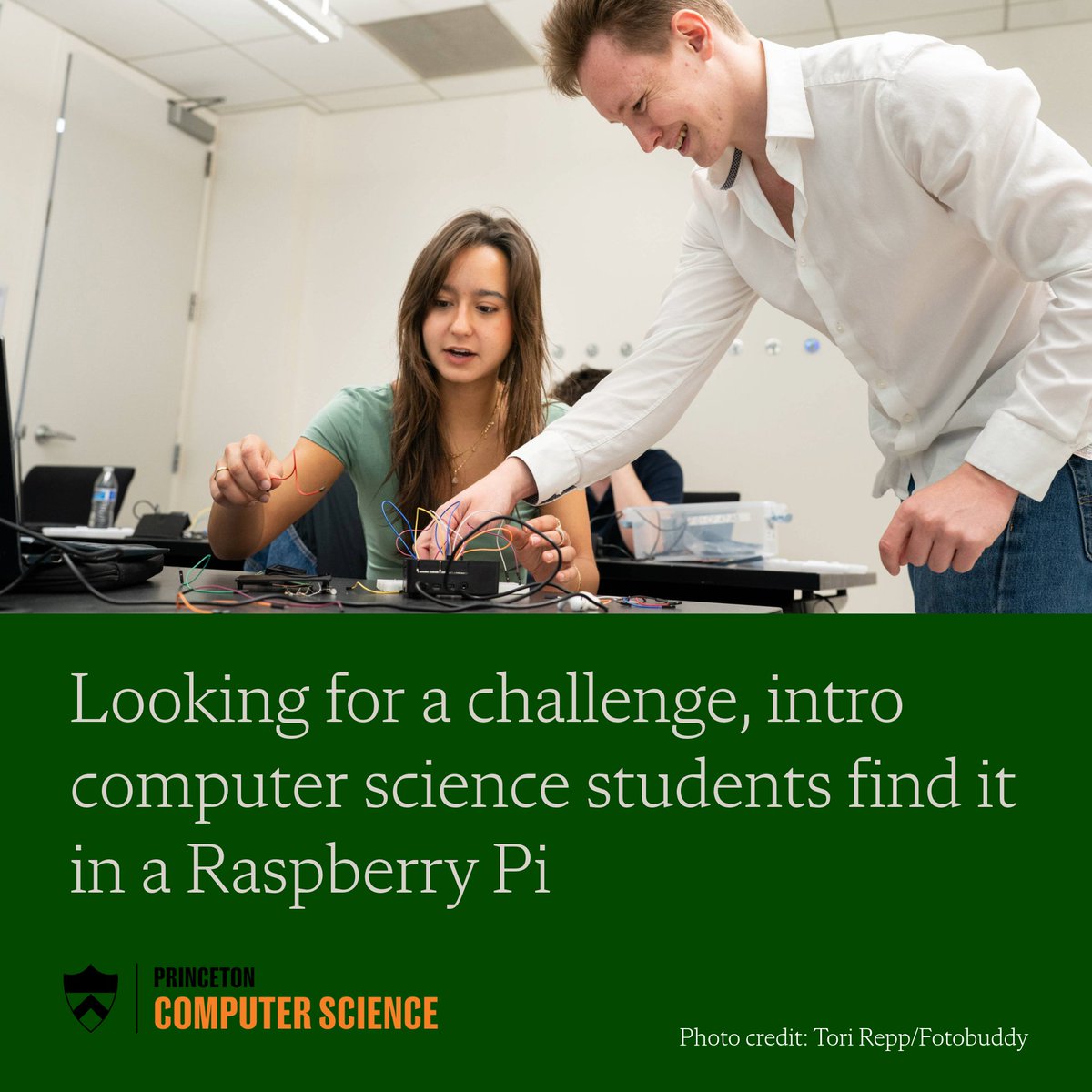
Congrats to @parastooabtahi, @tri_dao and Alex Lombardi on being named 2025 Google Research Scholars. 🎉 The @googleresearch scholars program funds world-class research conducted by early-career professors. bit.ly/4kvpvFx
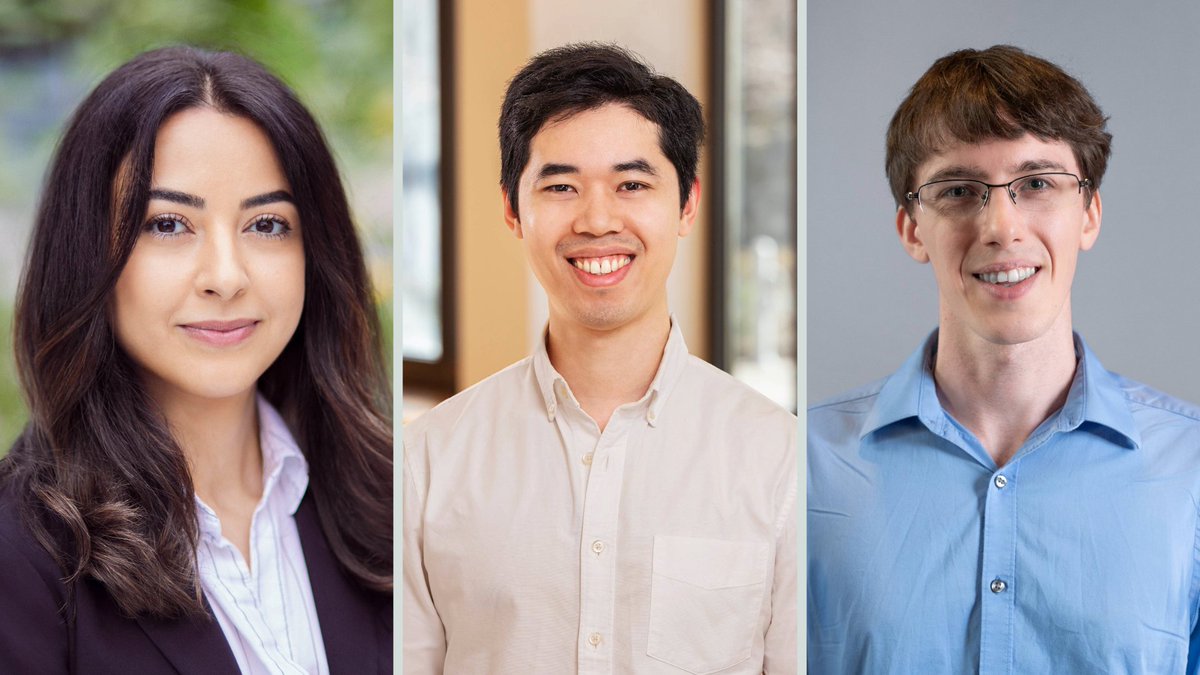
The @newyorkpost writes about our research team's work on identifying the four subtypes of autism. See story at the link below. @OlgaTroyanskaya @SimonsFdn @PrincetonCS nypost.com/2025/07/09/hea…
Steven Kelts is leading a push at @PrincetonCS, and the discipline more broadly, to teach students computing ethics alongside technical computing skills. bit.ly/436hBM8
Using the tools of computational modeling and AI, @OlgaTroyanskaya, @SimonsFdn and @PrincetonPPH have identified 4 clinically and biologically distinct subtypes of autism, marking a transformative step in understanding the condition. bit.ly/4lI7dSx
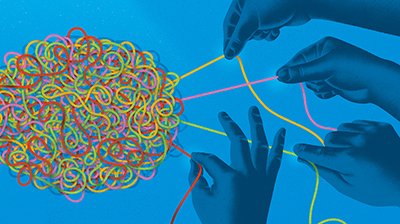
.@Princeton valedictorian, beloved teacher, enthusiastic collaborator, world leader in #QuantumScience technology, and now, our next dean of engineering. Congratulations, @nanonoodle!
Professor Andrew Houck '00 has been appointed dean of @eprinceton, effective August 1: bit.ly/44CPh4S Houck co-directs the Princeton Quantum Initiative and leads the federally funded national quantum research center, @C2QAdvantage.
.@margmartonosi of @PrincetonCS has been named University Professor, Princeton’s highest honor for faculty. Martonosi, the William M. Addy ’82 University Professor, is widely recognized for contributions to the design of power-efficient computer systems.⬇️ engineering.princeton.edu/news/2025/05/3…
Princetonians have made important advances in computing possible, starting with the research paper by graduate student Alan Turing that laid the foundation for both the field of computing as a whole, as well as artificial intelligence.
New on the CITP #Blog: "Aligned Generative Models Exhibit Adultification Bias" by Professor Aleksandra Korolova of @PrincetonCS+ @PrincetonSPIA & grad student Jane Castleman. Read about how #AI when prompted to imagine women & girls across race🔻 blog.citp.princeton.edu/2025/06/23/ali…
Today we celebrate Alan Turing, born on this day in 1912. Turing studied at Princeton, completing his Ph.D. in math in 1938. His work on code-breaking helped to win WWII and laid the foundations for modern computing. His portrait, by Jordan Sokol, hangs in Lewis Library.
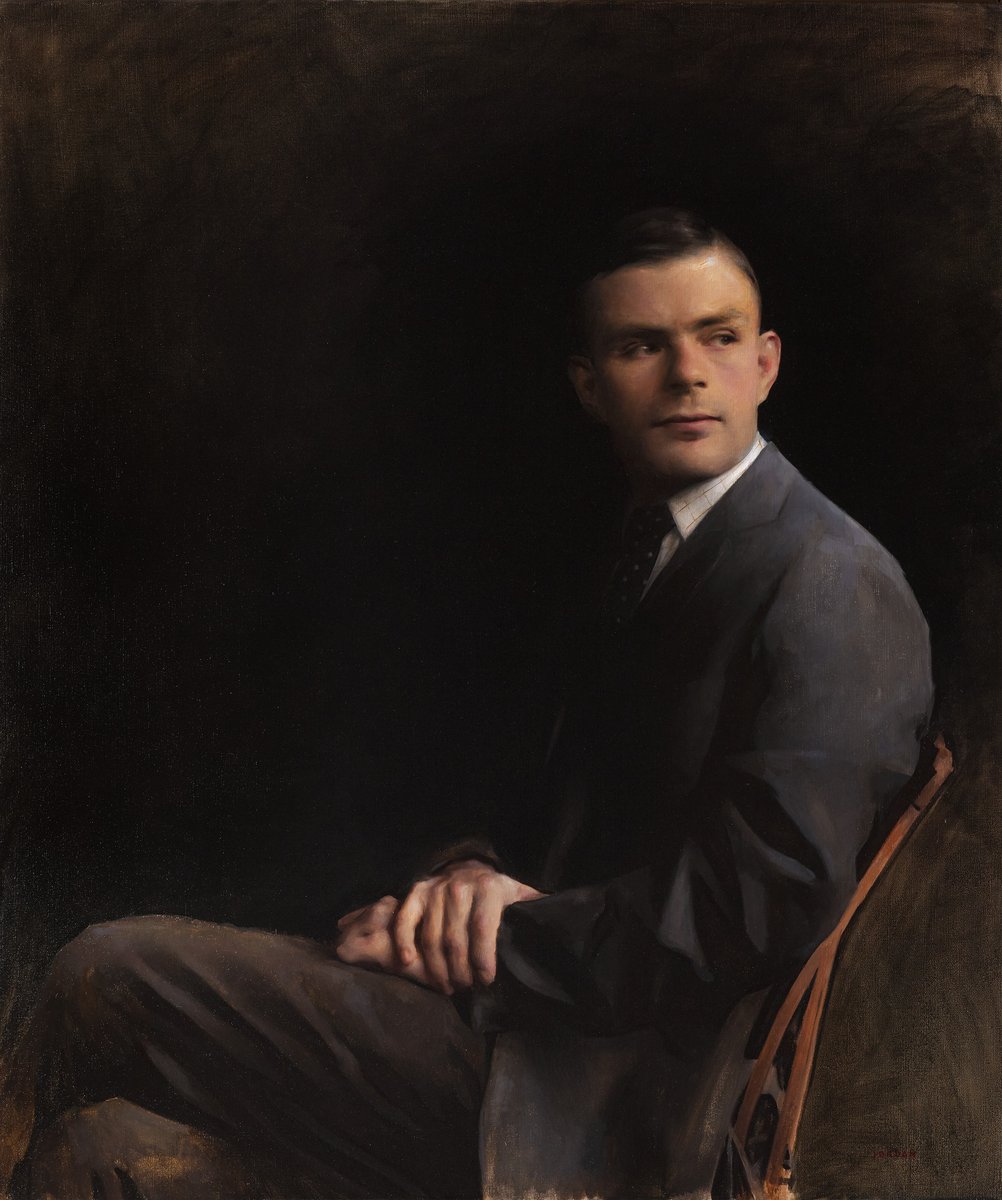
Excited to have you join us, @LakeBrenden!
I'm joining Princeton as an Associate Professor of Computer Science and Psychology this fall! Princeton is ambitiously investing in AI and Natural & Artificial Minds, and I'm excited for my lab to contribute. Recruiting postdocs and Ph.D. students in CS and Psychology — join us!
The Integrated Ethics program will officially launch in Princeton Computer Science this fall led by Steven Kelts. Kelts is a lecturer in @PrincetonSPIA & @PrincetonCS. He's also CITP's Integrated #Ethics #CS Lead. Read more about the program on our site: citp.princeton.edu/programs/integ…